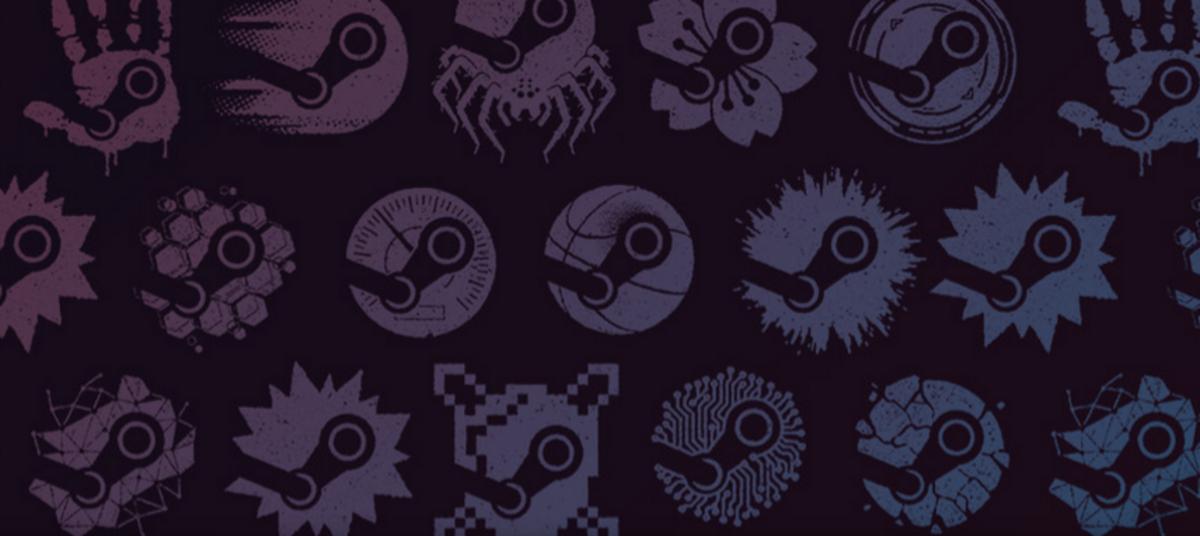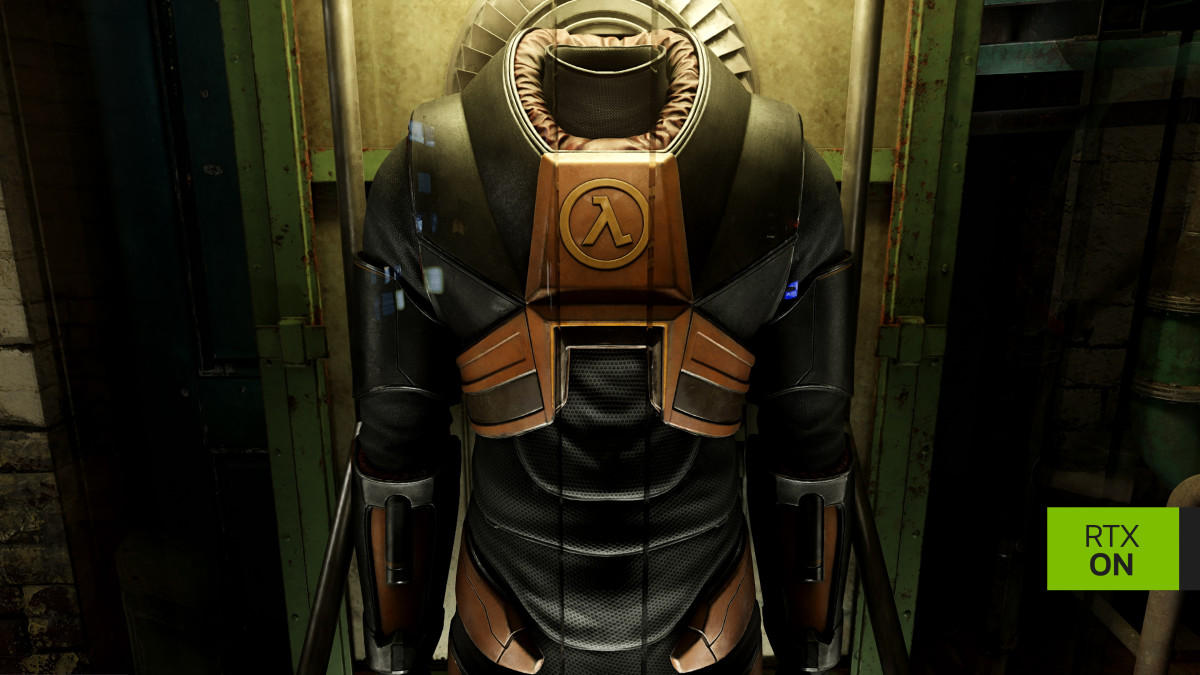AI is here to ruin video games

The year is 2024 and the tech bros have poisoned the term “AI”, even in video games – a medium where artificial intelligence is used as a shorthand for how non-player characters interact with their virtual worlds.
If you play a shooting game and the enemy flanks or flushes you out of cover using grenades, that’s AI. If an NPC grabs a drink from a street vendor and chugs it while walking down the sidewalk in GTA, that’s AI. And since we live in Hell World, if you see a photo of a person with six fingers, that’s also AI.
Some articles on the internet are even AI! Not this one, though. I know which squares the motorcycle is in, bossman, and I never include the rider! I’m a real boy! If I had hair, my mum would tousle it. Promise.

You could even say algorithms are AI, and game developers use them for everything. Procedurally generated worlds are spat out by computers, created by conditions dictated by the talented artists, developers, and sound engineers who make the building blocks.
The waters have become so muddied that you could sell them on eBay as bathwater. AI could be behavior, a world, acting, art, a language model, how a Boston Dynamics robot navigates, and on and on. It’s a tool – or a wide selection of tools – that can be used for good or ill. But again, we live in Hell World (never forget that fact), and everyone’s Dr. Evil.
Midjourney’s AI art program is currently under a lawsuit because it trained its AI “artist” on the work created by thousands of real artists. Put in a prompt and it’ll give you what you want, but it’ll be some patchwork Frankenstein made up from the lopped-off limbs of actual artwork. Occasionally its riffs on existing work are subtle, and sometimes it’s just this:
well I just tried this whole "midjourney v6.0 gives you licensed characters even if you don't name them" thing
— Paul Tassi (@PaulTassi) January 7, 2024
So here's "a video game character who is a young girl traveling with a middle-aged man in the apocalypse, --ar 16:9" and uhhhh https://t.co/F7qo6cdetJ pic.twitter.com/KYhzi16MS2
People have been inputting prompts without mentioning intellectual properties, but the program pukes up copyrighted work anyway, allowing you to go online and pretend you did something creative when all you did was order a Domino’s. It’s only a matter of time before a company like Nintendo sends out its Pikmin army of lawyers.
In a normal world, we should be excited about new technological advancements. This is video games, a medium where people lost their minds because developers figured out how to make sand look good.
The problem is the majority of the technological leaps we’ve made have created more jobs. More specialization. This new take on AI is here to replace us. Every job. It’s the self-service checkout for retail and the self-driving car for the taxi. And even if you don’t care about people losing their livelihoods, consider this: it makes worse games. Weaker art, vapid dialogue, monotonous voice acting. It’s low-tier trash for gremlins with no friends. The video game layoffs are already bad, but things could be about to get worse.
Valve Steam Deck OLED review – possibly the best console I’ve ever owned
Last year, Valve – the developer of Half-Life and owner of the premium PC games storefront, Steam – said it was looking into whether or not it would allow games that use AI onto its platform. Now it seems it has made up its mind and the answer, of course, is “yes”. Mind you, this is a storefront that has games like Alex Jones - NWO Wars right next to award-winning indies, so it’s about as surprising as finding out that the novelty Twitter account you follow is a Nazi.
"After spending the last few months learning more about this space and talking with game developers, we are making changes to how we handle games that use AI technology,” Valve said in an announcement. “This will enable us to release the vast majority of games that use it."

Developers will now have to declare to Steam if their assets were created with AI tools while promising that the resulting assets won’t infringe on anyone else’s IP. I swear down. If they’re using AI to create, for example, NPCs that you can talk to about anything, they also have to tell Valve what guardrails they’ve put in place to make sure the NPCs don’t tell players to kill themselves or stab a dog.
Valve is also putting a reporting system in place for players, so they can self-moderate if a game does something “illegal”.
Now, I’m no expert, but this seems bad. Not only are we putting developers out of work, but we’re stealing art and potentially committing crime while we’re at it? Great technology you’ve got there, lads.
The most depressing part? There’s no going back. You can’t, as they say, put the Akinator back in the lamp. The best we can hope for is that it turns out to be a fad. That way it can join NFTs and the blockchain in the big bin in the sky.
